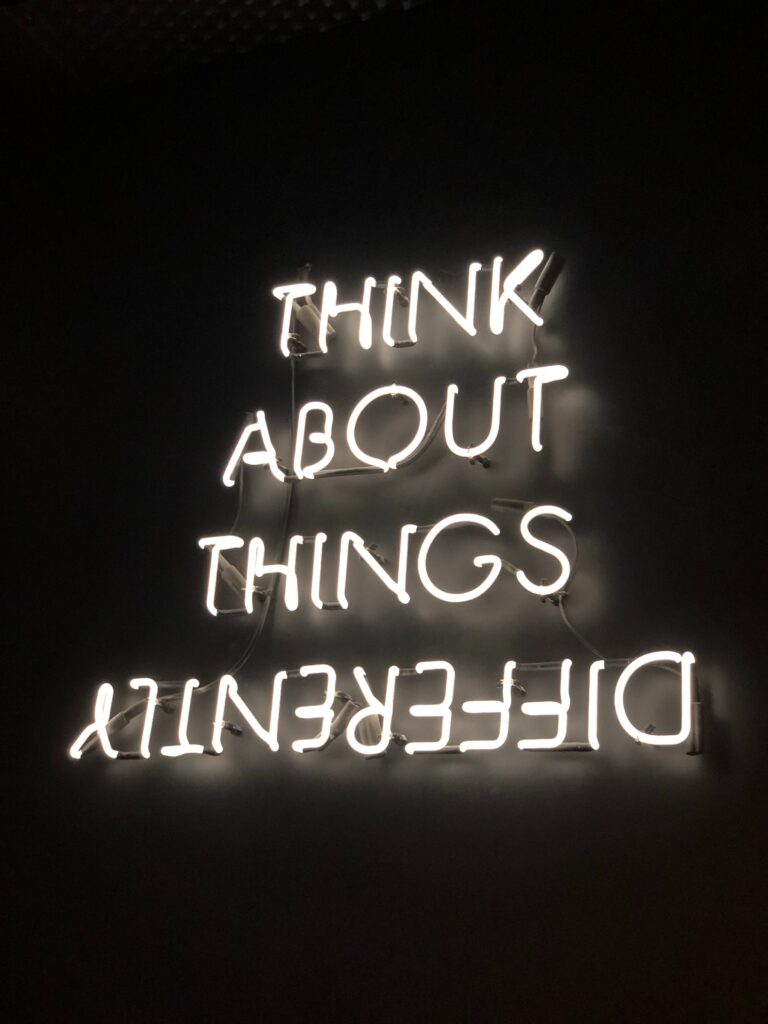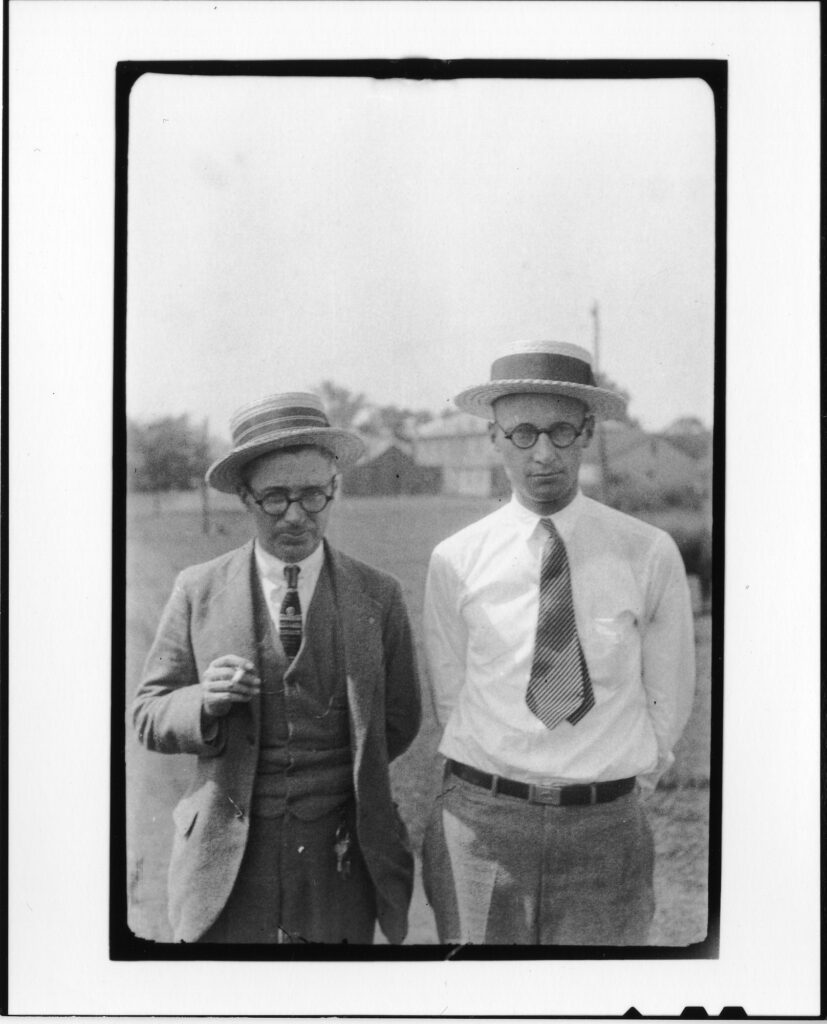This post is written by Tori Young. Read more about Tori at the bottom of this post.
As educators, we are masters at adapting to new scenarios and thinking on our feet. Whether it is behavioral challenges in the classroom, changing grade levels or content areas, or being told a new acronym that will guide our students to academic achievement. While the patterns stay the same, change remains the one constant in our world. In a time of attention on literacy policy in our public schools, what do we do as educators when our curriculum is criticized, and our livelihood is on the line? And how do we engage students in the process of not only understanding the necessity to examine policies but also how to do this and why?
In secondary history, many communities have questioned the intentions behind the curriculum presented. Talks of Critical Race Theory and indoctrination have instilled fear in parents and policymakers for the minds of students as they become passionate voices in movements for climate change, women’s rights, and racial equality. As teachers, the impact we have on a student is apparent, and sadly there are few enough instances of teachers abusing that role to teach their own agendas. In a time of great societal change and political bipartisanship, parents have expressed their concern for their children’s beliefs being influenced. As teachers, a lot of this skepticism falls upon us, even though forceful influence is very rare to see and is quickly reprimanded. Yet, we fall victim to the fear for our careers when discussing important, yet sensitive issues. Fear is valid, even if it is a small number that has created cause for concern. Fear should not prevent us, however, from doing our job of teaching true history.
True history is based on facts and first-hand accounts. Primary sources are the best accounts we have of our world before modern media, but a good historian is aware that these diaries and newspaper articles are just as full of bias. Our role is to teach students how to spot perspectives through context and draw their own conclusions based on facts. This skill is what makes not just a good historian, but a great citizen. Evaluating the world and the policies that impact our lives through an unbiased narrative is nearly impossible. Teaching students how to maintain their own beliefs, while also educating themselves with facts and truths is far from indoctrination. Instead, it is the foundation of a true democracy. Our republic is made up of diverse cultures, lifestyles, and needs. Raising a voting population that can make change for their communities while respecting the various opinions and preferences of other citizens is what makes a democracy free and fair. When teaching tough subjects such as religion, slavery, and civil rights, have students follow up the lesson with reflection. Depending on the classroom environment, it may be good to have a discussion so that students can hear and learn from each other’s perspectives. In some cases, it may be beneficial to have students write down their beliefs and receive unbiased feedback from the teacher to ensure that they understand the content while knowing that their views are validated and safe in the classroom.

As policies in schools change, students do not always have the context. By pointing out instances in history where similar changes have occurred, showing the verbiage of standards and indicators, and creating discussion in the classroom about policy that impacts students directly, they are practicing this critical thinking skill. By questioning the “why” behind literary policy in our social studies classrooms, students can come to their own conclusions based on the facts and their personal beliefs. This may look like having students recall a previous reading from a social studies or ELA class and having them reflect on the overall message of the author. Then, students can share with a partner what they found and try to spot context – why the author thought the message would be important. Lastly, students can analyze the impact if that message was never received. For example, if George Orwell’s 1984 was never written, would there still be people who believed that the government was completely trustworthy? Why would it matter to question the government? Where do we see examples in history where questioning the government has created change? How might the world be different if governments were never doubted or challenged? Our curriculum may be judged and altered to fit the new narrative of society, but it does not have to be a hindrance. We are always living in history; the context just looks a bit different.

Schools have been at the forefront of societal change several times in United States history. Challenging separate but equal through Brown v. Board of Education, questioning religious influence in curriculum with the Scopes Trial, or providing equal opportunities regardless of gender with Title IX, schools have been an environment for questioning society and legislation as the new generation learns about the world that they live in. Having schools targeted and subdued for speaking true history is not a new phenomenon, and it is not a purely American phenomenon. That does not make the changes and adapting any less scary for educators, but it does follow a pattern. Studying history helps us learn from patterns, so don’t panic. Instead, acknowledge the signs of the times, and help your students connect the dots for themselves just like you have been doing all along.

Tori Young is a high school social studies teacher in Anderson, South Carolina. She is currently working on her Master’s in Instructional Design and Learning Technology at Anderson University.
